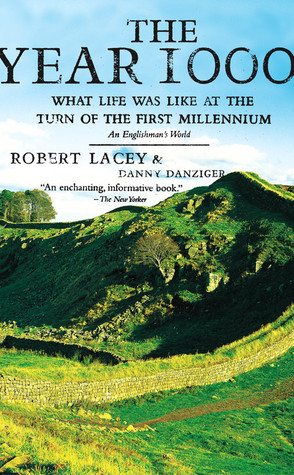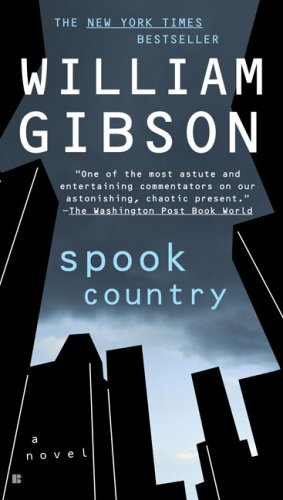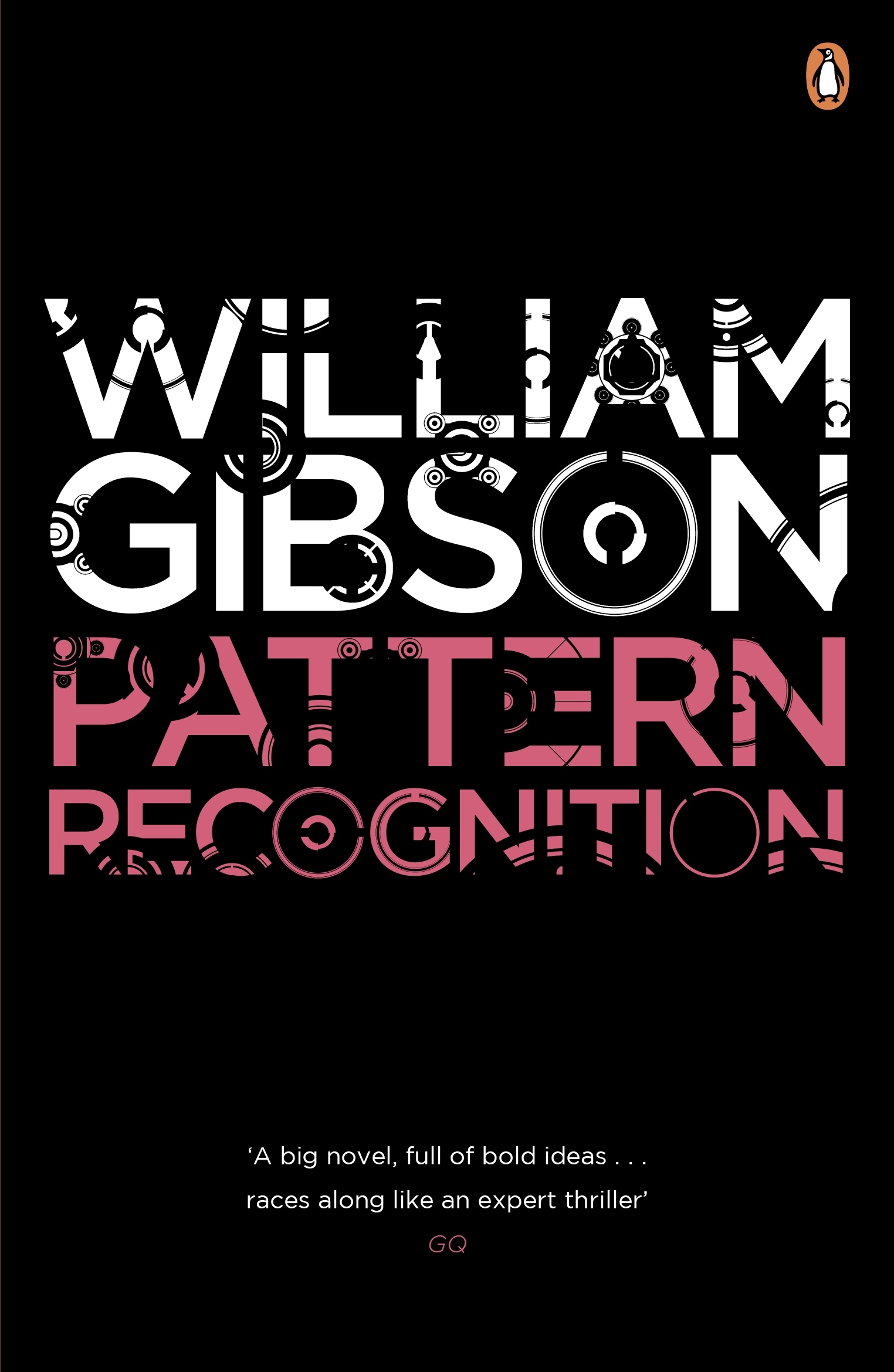My Antonia is Willa Cather’s clear-eyed look back at her
roots in the American plains. There are
a number of small sub-plots, but the book primarily is a portrait of a time and
place, especially of the serene but harsh plains landscape and its powerful
effects on those who grow up there.
Cather draws a dramatic difference between the “country girls” and the “town girls” in the plains, although these "town girls" are living in such small, rural towns that we would hardly think of them as “city girls”! Though she faces many difficulties, Antonia has a joy and strength that allow her to triumph over the hardships. The book is basically pretty realistic, although the harsh setting and events are viewed forgivingly. I found this to be a very satisfying book that offered insights into the character of the midwest and the challenges facing immigrants.
In the morning, when I was fighting my way to school against the wind, I couldn't see anything but the road in front of me; but in the late afternoon, when I was coming home, the town looked bleak and desolate to me. The pale, cold light of the winter sunset did not beautify - it was like the light of truth itself. When the smoky clouds hung low in the west and the red sun went down behind them, leaving a pink flush on the snowy roofs and the blue drifts, then the wind sprung up afresh, with a kind of bitter song, as if it said : This is reality, whether you like it or not. All those frivolities of summer, the light and shadow, the living mask of green that trembled over everything, they were lies and this is what was underneath. This is the truth." It was as if we were being punished for loving the loveliness of summer.T
Cather draws a dramatic difference between the “country girls” and the “town girls” in the plains, although these "town girls" are living in such small, rural towns that we would hardly think of them as “city girls”! Though she faces many difficulties, Antonia has a joy and strength that allow her to triumph over the hardships. The book is basically pretty realistic, although the harsh setting and events are viewed forgivingly. I found this to be a very satisfying book that offered insights into the character of the midwest and the challenges facing immigrants.














